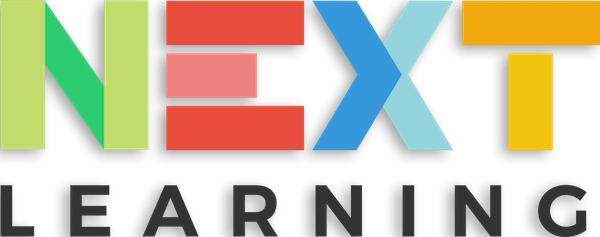We’ve all seen the love being extended to health care workers recently. It’s well deserved and overdue. But what about our educators? The response of Australian schools to urgent new demands imposed on them by the COVID-19 pandemic has been nothing if not impressive.
Most would admit that the effectiveness of education has been compromised in the short term, while the diversity of schools, communities and families has meant that experiences of change have varied.
Nonetheless, it is clear that both schools and students in Australia have been fortunate. Why? According to Next Learning’s Shane McGurk, the answer is simple. ‘Individual teachers have stepped up and underlined their commitment to effective teaching,’ he says.
‘During Term 1 and 2, the staff at our schools were asked to carry on business as usual while managing parent-driven absenteeism, providing learning resources to children at home, and ramping up online teaching capability for the probability of school closures. We are now seeing that being played out in Victoria once again.’
‘Teachers were asked to dig deep and work within timeframes that were nightmarish,’ McGurk says. ‘What’s more, they did.’
Good teachers have always had the ability to ‘change gears’ and navigate new terrain. New classes, new facilities, new principals, new curriculum demands – the list goes on. Now, we can add pandemics to the list.
Adaptable, innovative teachers have long been valued, but 2020 has shone the spotlight on them like never before. Senior management have watched as some of their staff lead and flourish while others follow, steadfast in their wake.
Next Learning founder Paul Reid has spent years spreading the message that effective 21st-century educational institutions will prioritise agility. Reid believes that the experience of COVID-19 has activated a wider understanding of what this means and that one result will be greater competition for staff with the ability to deal with a curveball.
‘What we may see is a war for talent,’ Reid says. ‘It has become a value proposition to recruit teachers who are flexible. Confidence with the integration of ICTs and new modes of delivery will be key.’
In a recent article, The Edvocate podcaster Matthew Lynch set out to identify the chief characteristics of teachers who successfully use ed-tech. Flexibility was top of his list. Good teachers remain good teachers when things go awry, he says, and they are willing to make timely adjustments when something isn’t working.
Other characteristics included a growth mindset, being effective in collaborations and the motivation to stay up to date. ‘Teachers who are successfully implementing technology are staying current with the research and the latest trends in technology,’ Lynch observed.1
While teachers need support from management in order to keep on top of ed-tech and its applications, investment in professional development ticks some important boxes. It builds individual and institutional ability to ‘change gear’ as and when required, and it assists in the retention of the most precious human resources.
‘As a leader in the development of staff and institutional capability in the digital learning space,’ Reid says. ‘Next Learning works with clients committed to producing first-class educational outcomes’.
- M. Lynch, ‘The Ten Characteristics of Teachers who Successfully Use Edtech’, The Tech Edvocate, 13 May 2017, at https://www.thetechedvocate.org/ten-characteristics-teachers-successfully-use-edtech/ (accessed 21 April 2020).









